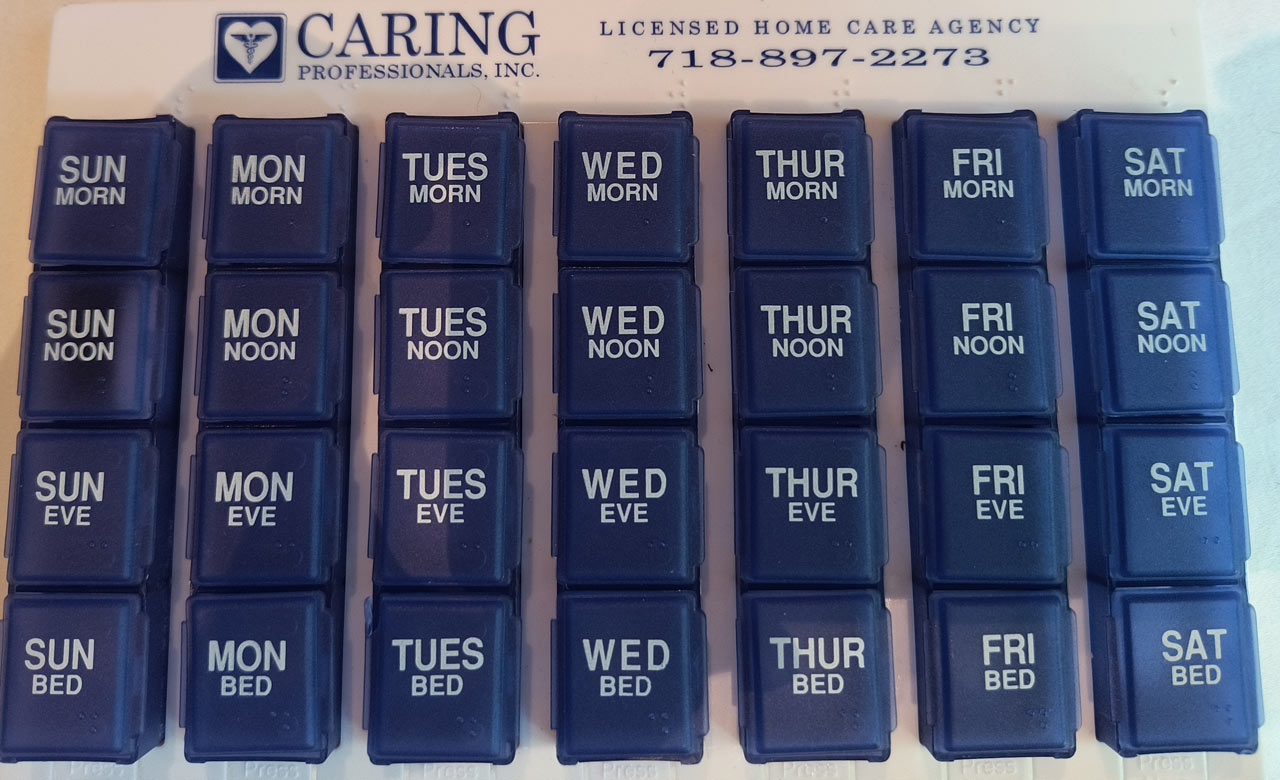First off, remember that you are talking to a sentient adult human being with feelings, preferences, and a level of awareness. You are not talking to a child even if you are speaking with simplicity.
- Choose statements rather than questions. Say, the bathroom is here instead of do you need to go to the bathroom.
- Don’t use negatives. Focus on what you will do, rather than don’t do. Let’s do this instead of don’t do that.
- Quizzing reminds the senior that his recall is not what it used to be. Never say, you don’t remember.
- Reminiscing may be enjoyable as well as healthy. But don’t ask, do you remember when?
- Do provide visual cues to prompt the senior to use or start the task for him so he will continue. Use fewer words and more actions.
- Using specific nouns is helpful. Here is your hat rather than here you go (as you hand him his cap before going out). Name the items you want the person to use, take, or place.
- Don’t patronize.
- If you notice that the senior doesn’t respond properly to something you have said, do acknowledge their words. Show him that he has been heard and encourage him to say more.
- Allow time for responses. Don’t pressure the individual for a response.
- Let the individual speak for himself during discussion about his welfare or health. Don’t act as if he is not in the room. Engage him in the conversation.
- Offer simple choices so that he has agency but keep it simple.
- Minimize distractions such as television or music but ask first.
- Don’t do anything while the person is speaking. Stopping what you are doing not only shows respect but it keeps the individual from being distracted.
- Use touch to increase connection and reassure the senior. Hold his hand, perhaps, but monitor what his reaction is. Making sure he is comfortable with the touch is important. Always monitor body language.
Based on information from the National Health Service of the United Kingdom.






